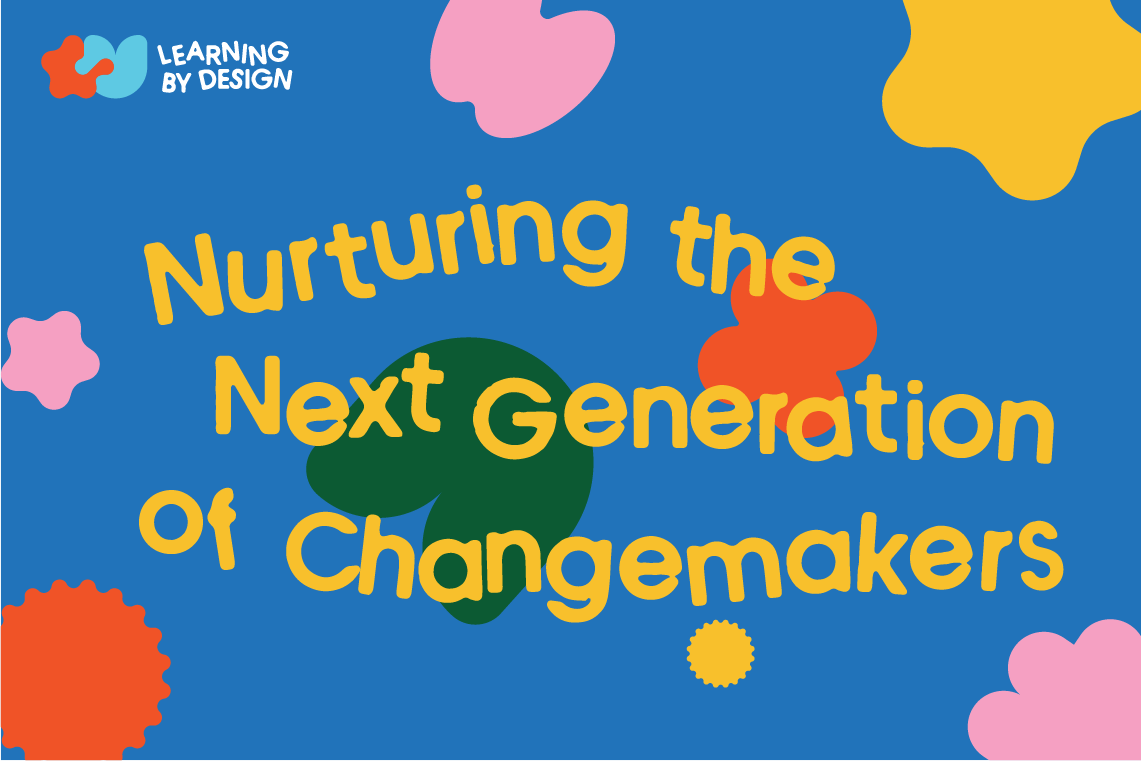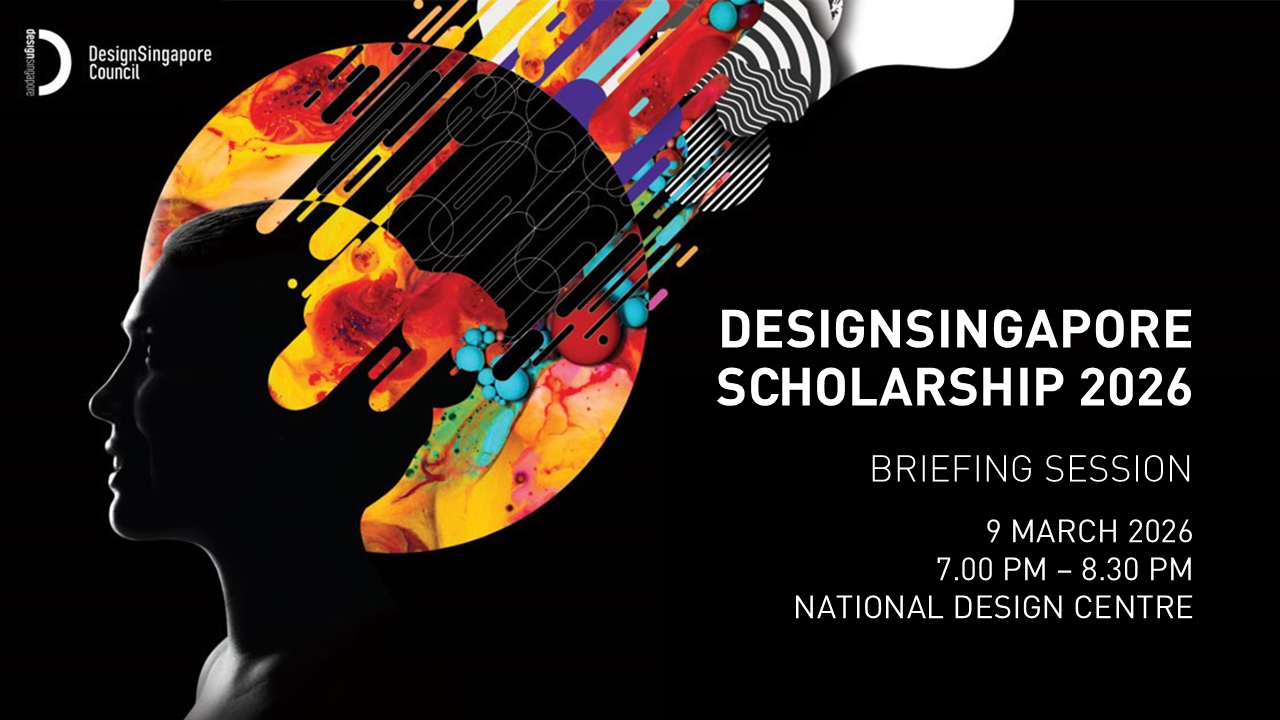Centre For Fathering
Background
The organisation embarked on a Design Thinking workshop to generate innovative solutions for the complex problems they felt overwhelmed by. Additionally, they hoped to equip their staff with the skills and mindsets to be able to solve such challenges themselves, into the future.
27 participants, including Centre for Fathering Board Members, employees, and partners, as well as members of the public, public service officers, and corporate employees, came together to co-design new ways of working or new offerings for the Centre for Fathering in one of the following focus areas:
- Financial resilience
- Service continuity
- Beneficiary outreach
The Challenge
The Centre for Fathering, along with many Social Service Agencies, struggled to maintain service continuity and beneficiary outreach during the COVID-19 Circuit Breaker period.
The pandemic also heightened vulnerabilities around the long term financial resilience of the organization, which is entirely reliant on grant funding and charitable donations.
The Centre for Fathering embarked upon this programme with School of X to try to bring fresh thinking and creative problem solving to their staff, who were grappling with entrenched challenges that were exacerbated during the COVID-19 Circuit Breaker period.
The Journey
During six half-day online workshop sessions participants, working in teams of 5 to 6 members, were taught the Design Thinking process and implementation tools.
The workshops started out focusing participants on deep-diving into understanding the challenges that the organisation was facing.


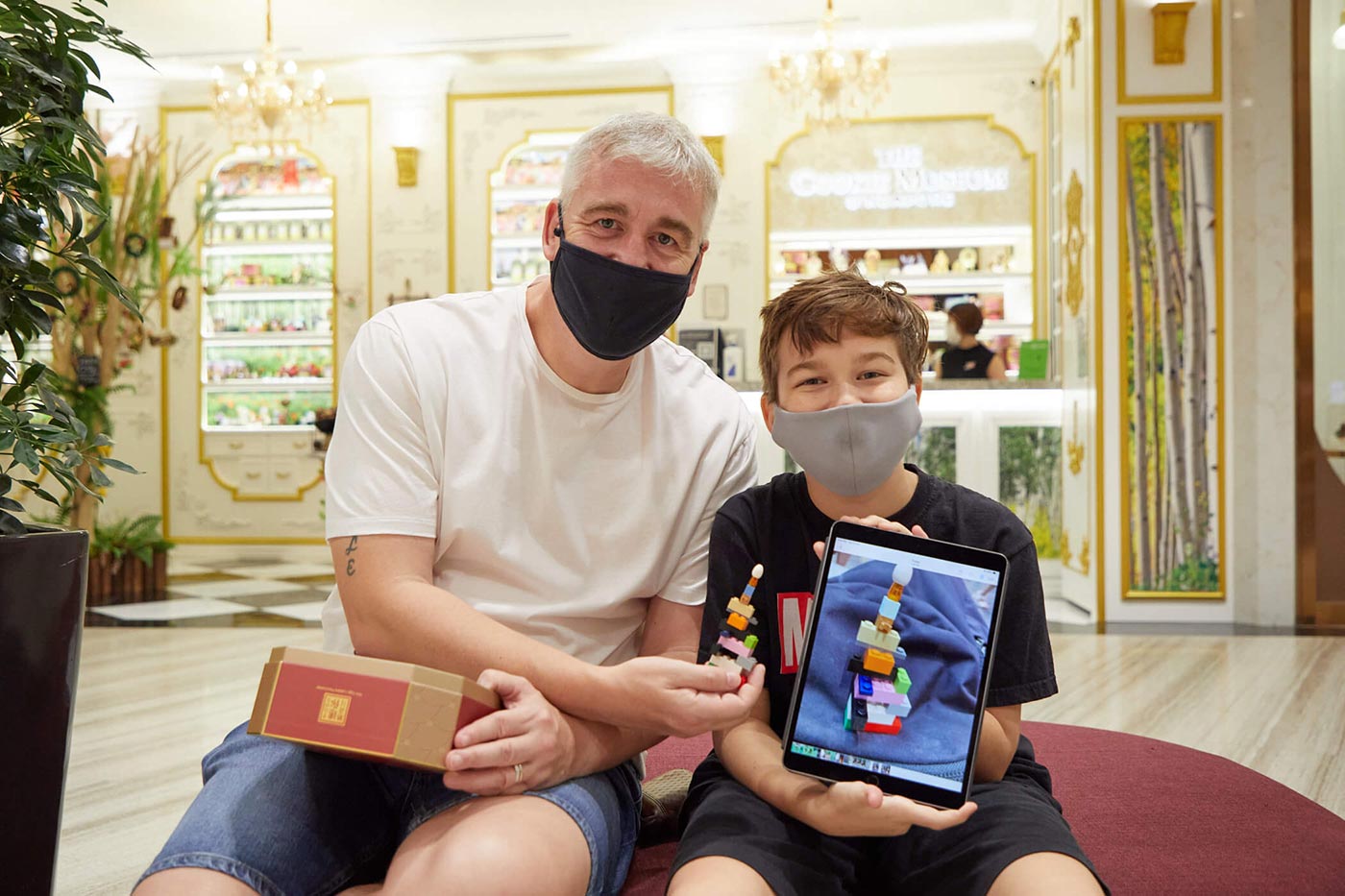

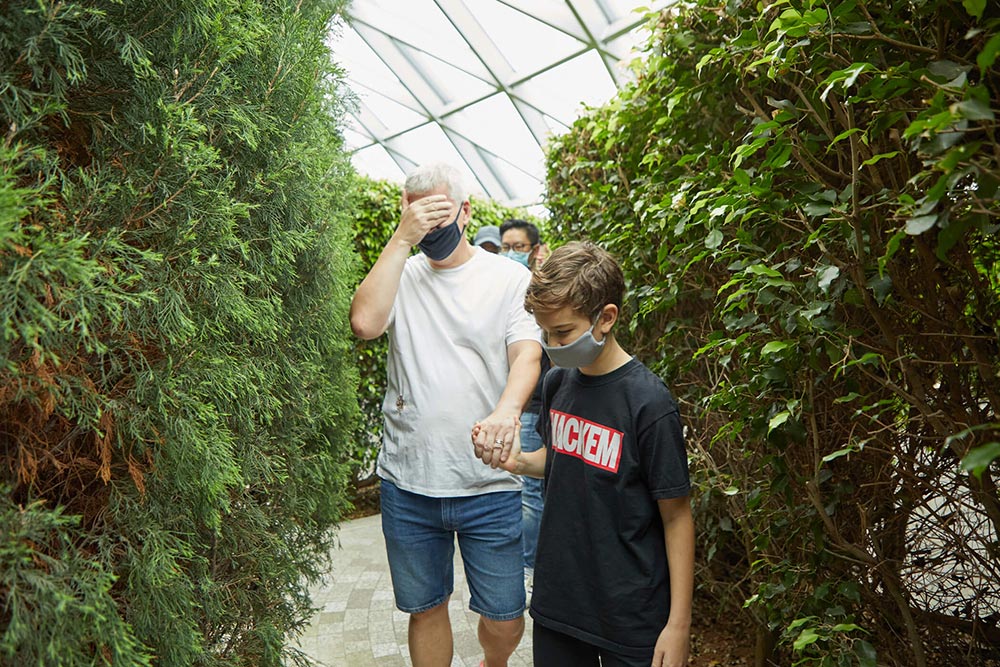

At the end, after an intensive period of researching, ideating, prototyping and iterating, the teams came back online to present their findings and pitch their ideas.

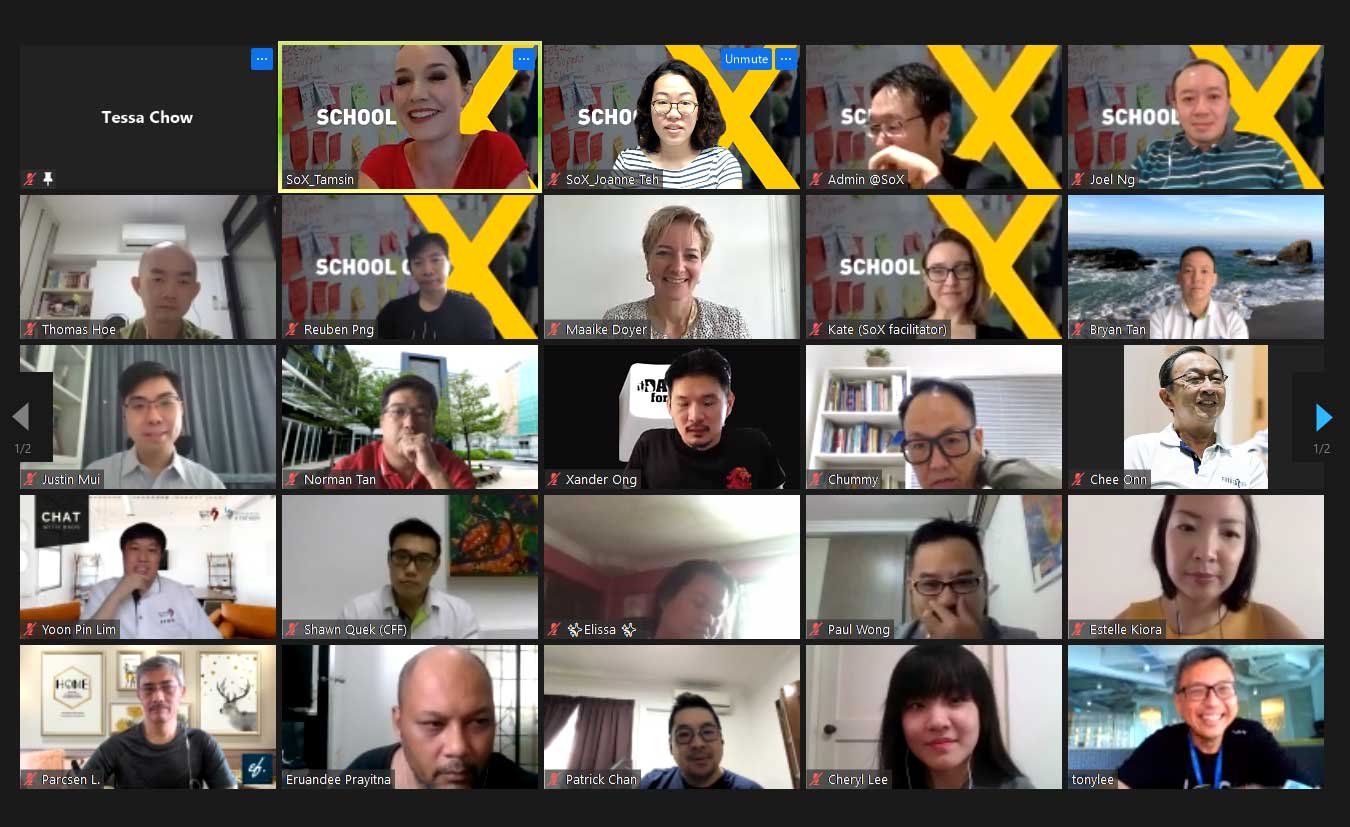

It was a great learning experience seeing how different people from diverse background come together and collaborate remotely. The outcome was also very pragmatic and believable that it will be something CFF can and will use to resolve their challenges.
The Next Steps
Having gone through the entire design thinking process, there were several feasible solutions proposed.
Firstly, a Dad’s field pack, which aims to support first-time and several-time Dads on their journey, and to create a community of fathers eager to embrace their newborn. This field pack included tips and items for raising a child, a photo album to document memories, and the brand’s bib, wristband and decal.
There were also service-driven solutions – such as organising parent-child bonding activities in public venues. This promoted a more active way of bonding, for which problem-solving was at their core.
Learning Outcomes
Besides the physical output and ideas generated, there was immense positive feedback about how participants have further built their confidence in tackling complex issues in the real world.
From approaching problems to creating solutions, participants felt empowered to do so. 84% of participants reported that they have an increased understanding of the design thinking process, and 74% felt that the workshops have helped them better develop and experiment with innovative ideas that were different from what already exists.




